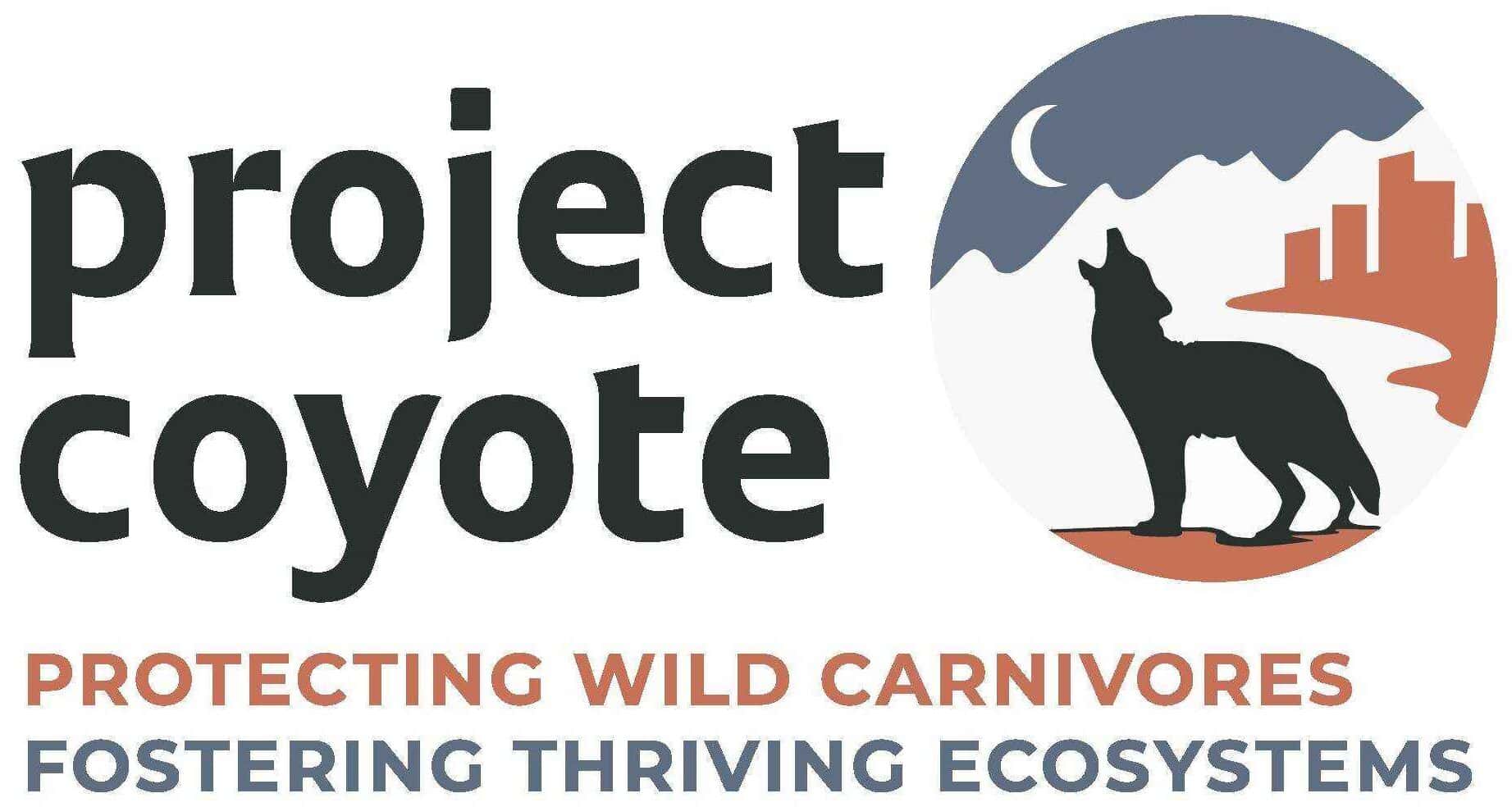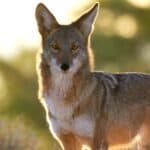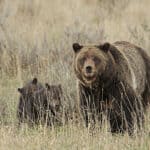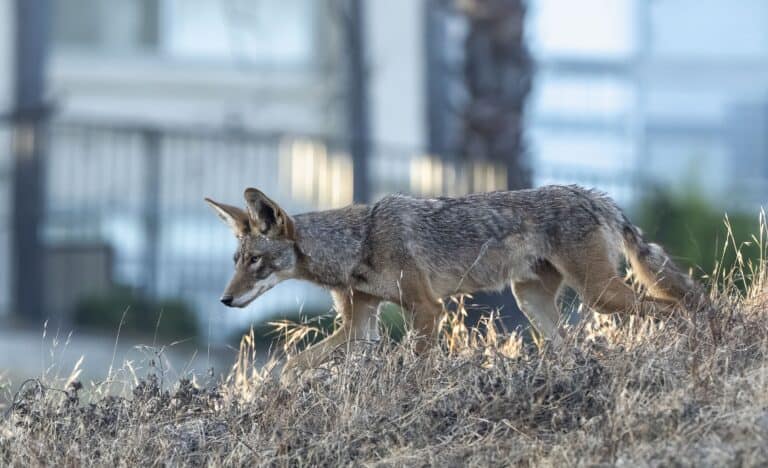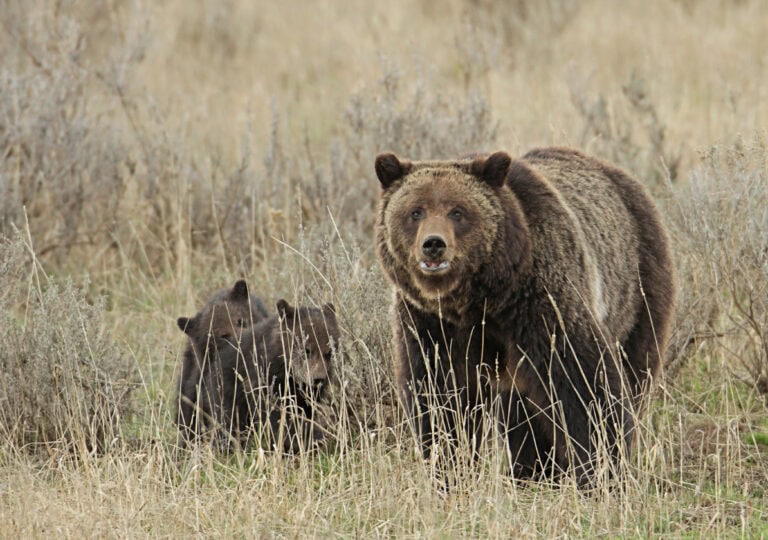FOR IMMEDIATE RELEASE: October 13, 2021
Wildlife Conservationists Ask Court to Issue Immediate Injunction Against November Wisconsin Wolf Hunt and Deny Hunting Group Intervention
Madison, WI. — Today lawyers for Animal Wellness Action, the Center for a Humane Economy, Friends of the Wisconsin Wolf and Wildlife, Project Coyote and Wisconsin resident Pat Clark filed new motions with the Dane County Circuit Court in their ongoing challenge to Wisconsin’s disastrous approach to wolves. In August, the groups filed a lawsuit alleging that the political appointees on the Wisconsin Natural Resources Board (Board) – including a hold-over member from the Scott Walker Administration who has refused to cede control of his expired seat – disregarded the recommendations from professional staff at the Wisconsin Department of Natural Resources (DNR) and chose to set an arbitrary and unsustainable kill quota of 300 wolves for the fall hunt. The groups assert that NRB’s actions were taken without regard for the health and well-being of the wolf population or sustainable ecosystems in which the wolves play an integral role.
Plaintiffs filed a motion seeking an immediate end to the planned November trophy hunt. The temporary injunction filing in pursuit of rapid relief was necessary given the state’s rush to irresponsibly implement a second trophy hunting season in 2021, with some NRB members taking advantage of a lapse in federal protections for wolves to sanction the indiscriminate slaughter of several hundred wolves across the state. With at least 218 wolves killed in just over 60 hours in February, the additional fall quota means that by Thanksgiving Wisconsin will likely lose over half of its pre-federal delisting wolf population.
During the DNR comment process and NRB public hearing setting the November hunt quota, the overwhelming number of public participants vehemently opposed the killing of more wolves in Wisconsin.
“What is seemingly lost on NRB is that wolves don’t exist for the sole benefit of people who like to hunt them down with snare traps and dogs and engage in torture and thrill killing,” stated Melissa Smith, of Friends of the WI Wolf & Wildlife. “Wolves are an important keystone species that deserves protection; the majority of citizens don’t want to see protections for them gutted so that a handful of people can satisfy their cruel bloodlust.”
While the overwhelming majority of comments at the August NRB hearing to set the November quota were from citizens offering in-depth, science and conservation-based arguments in favor of maintaining a vibrant and healthy Wisconsin wolf population, the very few anti-wolf participants made arguments that were openly divorced from reality, including that dramatic wolf population control was necessary to curb the incidents of livestock predation. The U.S. Department of Agriculture, which expends taxpayer dollars to compensate livestock producers who lose animals to predation, reports that in 2018 only 33 animals out of a population of 3.45 million cattle were lost to wolves in the state.
The second motion filed with Dane County Court opposes an attempt by a Kansas-based hunting group, Hunter Nation, to intervene in the ongoing litigation.
“Since we’ve filed our suit, we’ve also heard wolf killing proponents, like Hunter Nation, make the senseless claim that these trophy hunters make the best conservationists,” said Michelle Lute, PhD in wolf management and National Carnivore Conservation Manager for Project Coyote. “A quick scan of the many social media posts from the February slaughter—where hunters bragged about ‘gut shooting’ wolves to inflict pain and suffering and not reporting kills to purposefully exceed the quota—readily reveals that those who want to kill wolves aren’t thinking about conserving anything.”
Hunter Nation has come under fire recently for its reported failure to properly register with the state Department of Financial Institutions for its fundraising activities in Wisconsin. There have also been questions raised related to its federal nonprofit status and its relationship with a number of affiliated groups. The spokesperson for Hunter Nation, 70’s guitarist Ted Nugent, has long advocated for the killing of wolves because “[p]redators don’t buy groceries, food, lodging, gas, supplies, ice, land, buildings, dogs, bait, sporting goods, guides, outfitters, permits, fees, licenses or hire butchers or taxidermists.”
The head of Hunter Nation, Luke Hilgemann, has reportedly also had troubles in the past related to another nonprofit hunting organization. According to press reports, in 2013 a $500,000 grant provided by Scott Walker’s Department of Natural Resources to a Hilgemann-affiliated group named United Sportsmen of Wisconsin was rescinded after an investigation discovered that the group had misrepresented its nonprofit status to authorities.
One of the arguments made in opposition to Hunter Nation’s attempt to intervene is that their interests are already adequately represented by existing defendants in the case. For example, documents uncovered through a recent open records request to the NRB reveal that Prehn and a lobbyist for the group, Scott Meyer, coordinated efforts to keep defendant Prehn on the NRB so he could continue to serve Hunter Nation’s interests by sanctioning the continued killing of wolves in the state. In one email, Meyer threatened to “throat punch” a journalist who published a story critical of Prehn’s refusal to vacate his Board seat when his term expired in May 2021.
With the filing of the injunction motion, the plaintiffs will be seeking a hearing to argue that the November trophy hunt should be immediately suspended pending the resolution of the lawsuit. With the upcoming trophy hunt scheduled to take place before the earliest date upon which federal protections can be restored, the current action is the last chance to save the state’s wolf population from being devastated to extremely precarious levels.
“Wisconsin’s reckless response to delisting proves that some states were simply not suited to handle the responsibility of protecting a rare species,” said Paul Collins of Animal Wellness Action. “Wisconsin and other equally hostile states executed a scorched earth policy, featuring hunting during the mating season, use of snares and leghold traps, hound hunting, and inordinately high and politically driven quotas.”
The groups are represented by lawyers with Animal & Earth Advocates, Greenfire Law, and the Wisconsin-based Laffey, Leitner & Goode.
###
